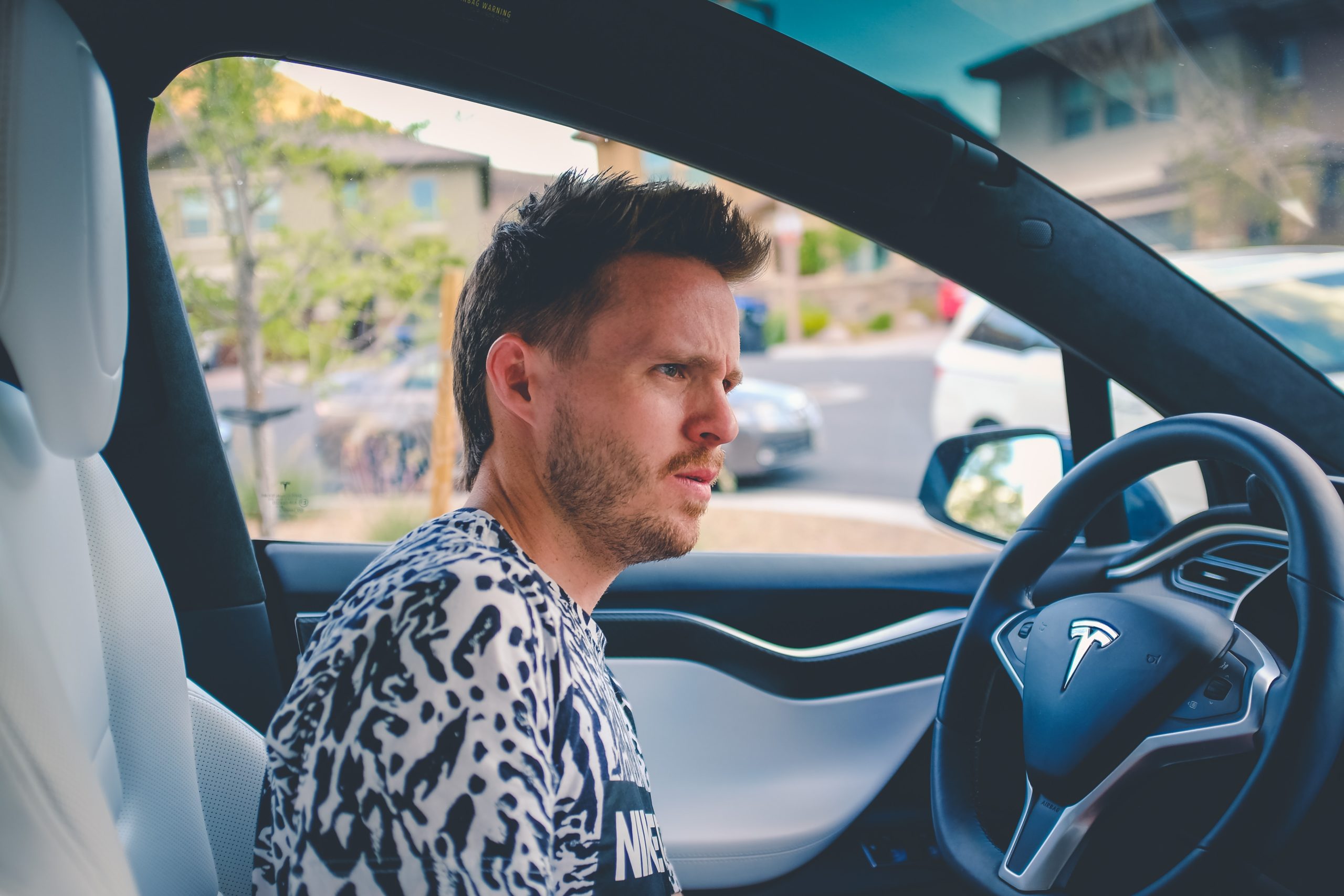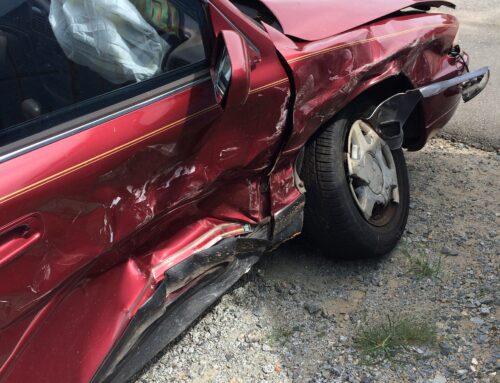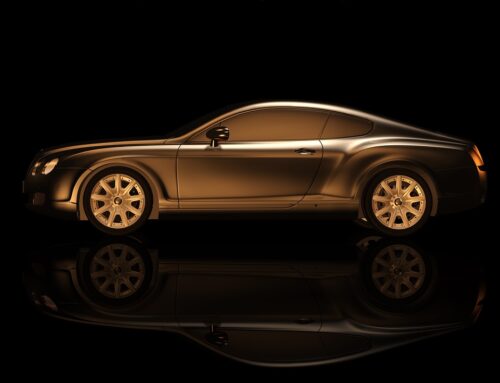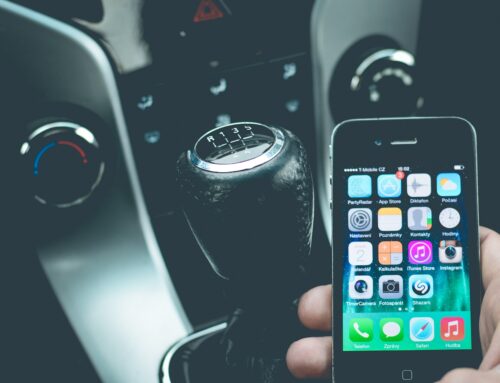The proliferation of self-driving cars is not here yet. But with multiple companies currently testing the technology on American roads, experts concede that it could be as early as 2040 – just twenty years from now – that AVs (automatic vehicles) will be commonplace and largely replace cars driven by humans. In fact, Elon Musk of Tesla has predicted that in that time frame, traditional cars may be banned from roadways altogether.
Given this vast shift in the way automobiles will operate, how will this affect the auto insurance industry? We explore the possibilities here.
90% of car accidents are caused by human error. Car insurance premiums are based upon the skill, past record, and safety of the driver. If there is no driver, will auto insurance still be necessary? The answer is yes, but the insurance claims will likely be dealt with in a different way. The reality is that at least for the time being, accidents are not eliminated simply by removing the driver. Recent high profile accidents include a car running into a truck, and the terrible instance of an Arizona driver being struck and killed by a self-driving car. While there are very few of these vehicles currently on the road, there have been several dozen reported accidents involving them. To be fair, the high percentage of human-error accidents is related to the fact that virtually all cars operational today have humans driving them – there is simply no way to know how many accidents will occur when the technology is fully automated.
Although self-driving cars will not suffer from road rage, drive drunk, or be too tired to keep their eyes on the road – they are dependent on technology and software – both known to fail and glitch on many occasions. There will still be accidents, and insurance will still be required in order for claims to be processed, both for injuries and vehicle damage and loss. Here are some of the anticipated issues:
- Liability will switch to the manufacturer: If there is no driver, can the owner of the AV be held responsible? Experts expect they will not, and instead the manufacturers will have to assume liability. Google, Volvo and Mercedes Benz have already stated that they will assume liability for their cars, and Tesla has rolled out an insurance program which is included with the purchase of one of their vehicles.
- Expect a long period of confusion: We are entering into completely uncharted waters. The industry will not switch from drivers to automation all at once, so for a long period of time we are likely to see crashes between the two. This means insurers will have to figure out if the AI or the human driver was at fault, and the range of issues which may arise is simply unknown at this point. We will almost certainly see many disputes, claims and court cases before precedents can be set and policies set which truly reflect the state of the industry.
- No fault insurance may become the norm: The most likely scenario to play out – at least for the first few decades – is that all states will adopt a “no-fault” insurance structure, much like Florida has today. Every owner will still be required to carry an auto insurance policy, and in the case of an accident, their own insurance company will pay for the expenses and damages caused by self-driving cars.
Unless we can eliminate the occurrence of accidents – which we can never do – auto insurance will be necessary. How it all plays out remains to be seen.
Today, all Florida drivers are required to carry certain levels of insurance in order to have a car on the road – if you are looking for coverage or need a quote, call Anderson & Associates today. We are happy to help you get the protection you need.










